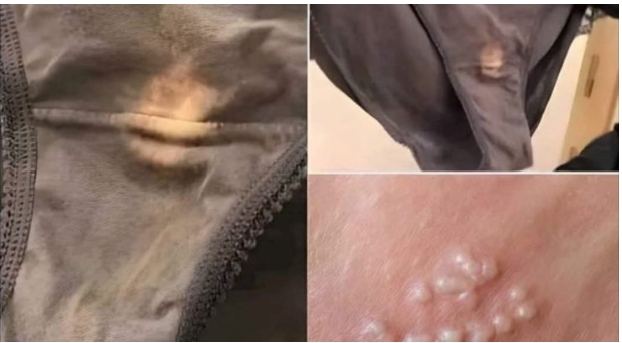- Schedule a Dermatologist Appointment: A skin specialist can perform a biopsy to determine whether the spot is cancerous.
- Avoid Self-Diagnosis: Many benign conditions mimic skin cancer. Only a professional can provide an accurate diagnosis.
- Practice Sun Protection: Use sunscreen with at least SPF 30, wear protective clothing, and avoid tanning beds.
- Perform Regular Skin Checks: Examine your skin monthly for new or changing moles or spots, especially in hard-to-see areas like the back and scalp.
Conclusion
Your skin’s health is vital, and being vigilant about changes in its appearance can be life-saving. If you notice unusual dots, marks, or moles that match the warning signs of skin cancer, don’t ignore them. Early detection and prompt treatment can prevent the progression of the disease and improve outcomes. When in doubt, always seek medical advice—because when it comes to skin cancer, caution is better than regret.




